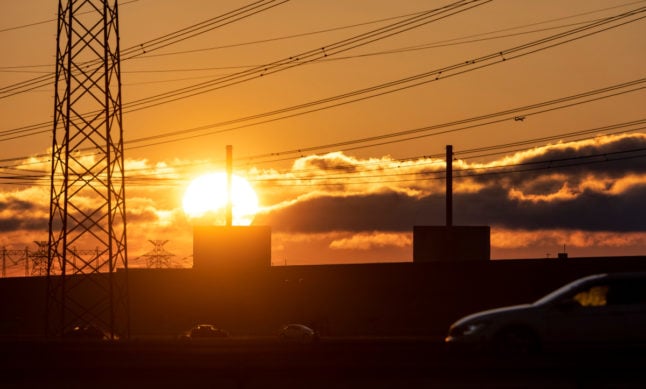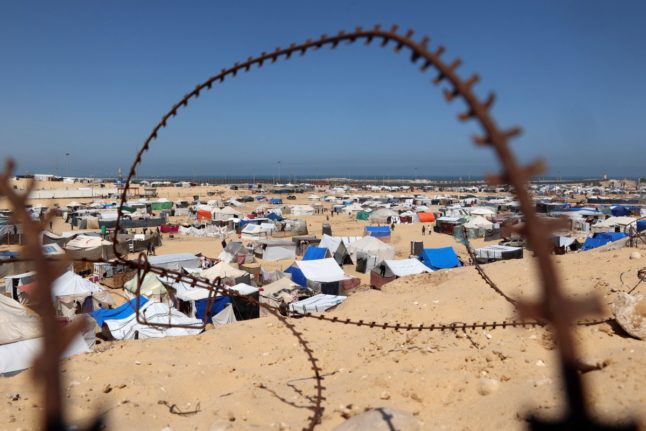“The climate transition requires a doubling of the electricity production in the coming 20 years,” Climate Minister Romina Pourmokhtari said.
She added that the government believed that new nuclear power equalling 10 conventional reactors would need to go into service in the 2030s and 2040s.
Pourmokhtari said the government was therefore moving forward with proposed legislation that would remove a ceiling of maximum 10 reactors in the country and a requirement that new reactors be built in the same locations as existing ones.
The climate minister said these limitations were “in the way of a modern view of nuclear power”, adding they would also simplify the process for building new ones.
Pourmokhtari said a bill had been prepared to be considered by parliament during the autumn.
The Scandinavian country voted in a 1980 non-binding referendum to phase out nuclear power.
Since then, Sweden has shut down six of its 12 reactors and the remaining ones, at three nuclear power plants, generate about 30 percent of the electricity used in the country today.
But Sweden has struggled to find viable alternative energy sources to replace its nuclear power, with renewable energies not yet able to fully meet its needs.
In 2016, a broad political majority agreed to extend nuclear power for the foreseeable future, paving the way for new reactors to be built to replace the ageing ones at the end of their lifespans.
The reactors were opened in the 1970s and 1980s. Most of them have lifespans of around 40 years and are in need of modernisation.
Sweden’s Social Democrats – which led the previous government – have traditionally been opposed to building new reactors, while the centre-right has been in favour.
Immediately after coming to power in late 2022, Prime Minister Ulf Kristersson’s right-wing coalition government announced it was seeking to build new reactors.
It has also announced a change to Sweden’s energy policy, changing its goal of 100 percent “renewable” energy to 100 percent “fossil-free” energy.



 Please whitelist us to continue reading.
Please whitelist us to continue reading.
Member comments